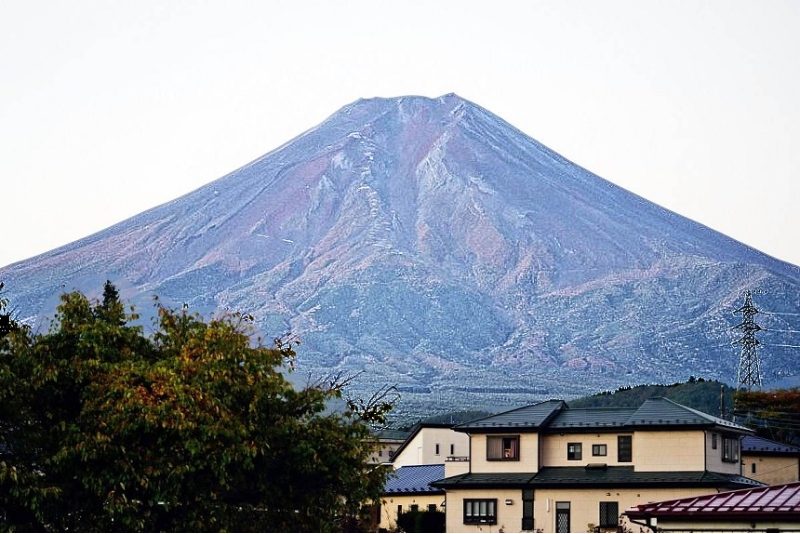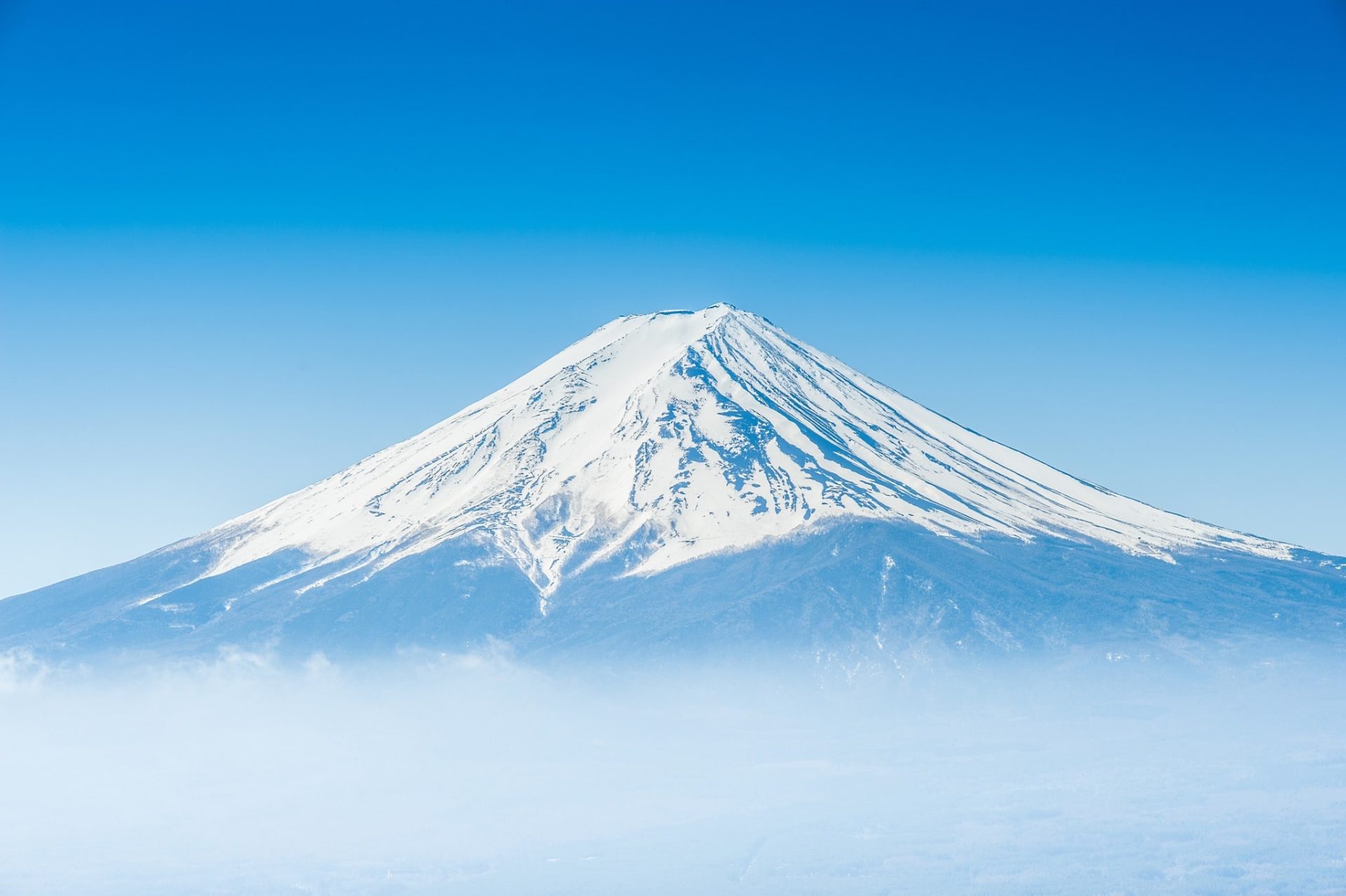
Mount Fuji, Japan’s most iconic mountain, is renowned for its snow-capped peak.
This year, however, the snow is late, and it’s breaking records. According to the Japan Meteorological Agency (JMA), there has been no snowfall yet on Mount Fuji this year, making it the latest appearance of snow in over 130 years.
Since 1894, meteorological officials have recorded the first snowfall on Mount Fuji. However, it has yet to happen this year, causing concern among locals and tourists alike.
Historical Snowfall on Mount Fuji
Mount Fuji generally experiences its first snowfall in late autumn. The sight of early snowflakes dusting the peak signals that winter is approaching. Historically, the first snowfall date usually falls at the end of September. However, in the past decade, the first snowfall has been getting later and later. This year’s lack of snowfall is a significant deviation from previous years’ trends and indicates a change in weather patterns.

Possible Causes of Delayed Snowfall
Meteorologists attribute the delay in snow to various factors, including global warming and weather patterns. According to data from JMA, temperatures have risen steadily over the past century, with a notable increase in recent years.
Warmer-than-average temperatures can be seen throughout the country. Fall in Hakuba, known for its three-tiered fall leaves (Snowy peaks, Autumn foliage, and green valley), has yet to appear, which is later than usual for the area.
Implications for the Japanese Ski Industry
The warm temperatures do not bode well for the Japanese ski season. The previous record for the latest snow on Mount Fuji was set in 2016. The 2016-17 season’s snowfall at the base of Niseko United was 22.5 feet (686 centimeters), 12 feet (365 centimeters) less than average.
If this trend holds, Japan’s ski season could significantly decrease snowfall this year. A shorter ski season could potentially impact tourism and revenue for the industry.
Some experts believe that delayed snowfall may not necessarily result in an overall decrease in snowfall for the entire season. Snow can still fall later in the winter months, just as long as it falls before spring arrives.
Adapting to Changing Weather Patterns
Weather changes significantly impact the ski industry, agriculture, transportation, and infrastructure. It highlights the need for communities and industries to adapt to changing weather patterns, which may become more common. Ski resorts are adapting to less consistent and delayed snowfall by investing in artificial snowmaking technology and diversifying their offerings beyond traditional skiing and snowboarding.
The delayed snowfall on Mount Fuji in 2024 has highlighted the broader impacts of climate change, which affect the natural and ecological aspects and the local economy. Supporting conservation efforts and adopting sustainable tourism practices can help mitigate some impacts. By fostering climate awareness and encouraging responsible tourism, we can contribute to preserving this majestic landmark for future generations.